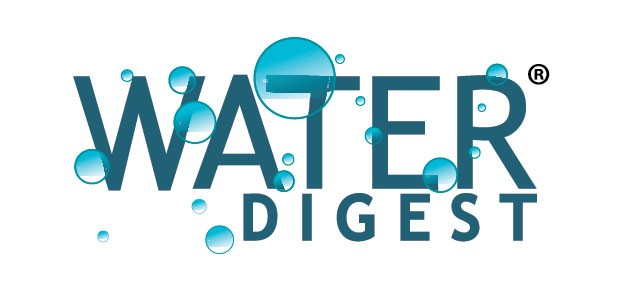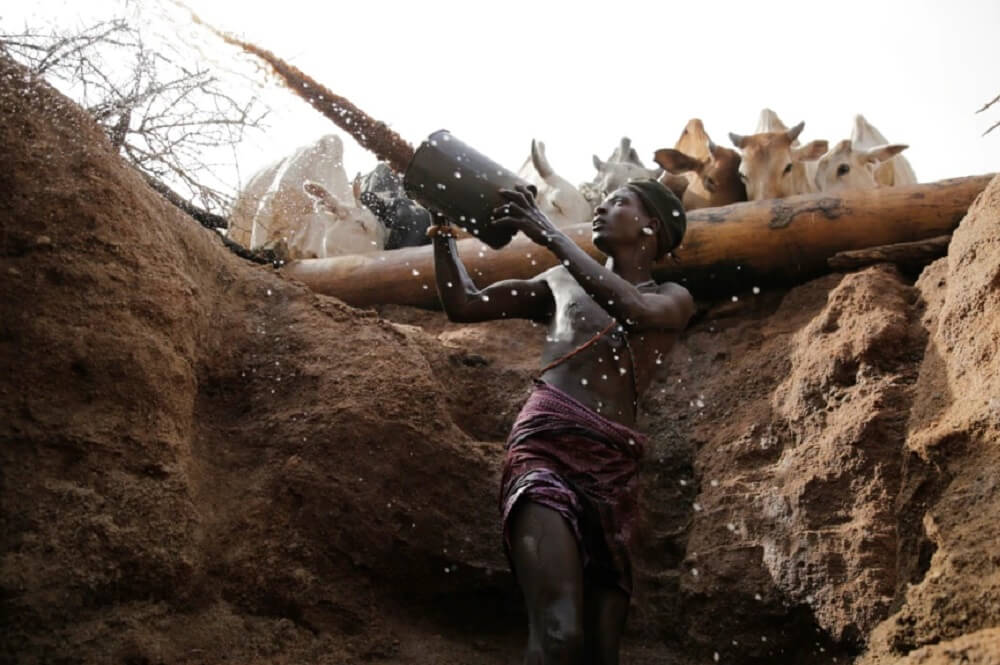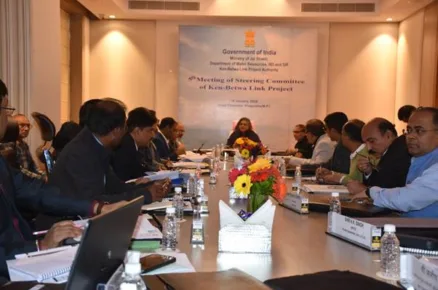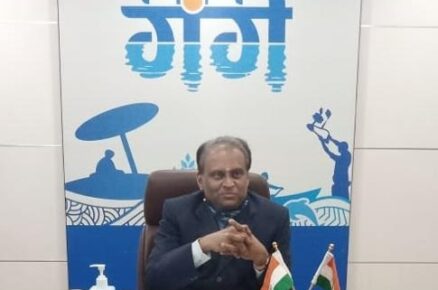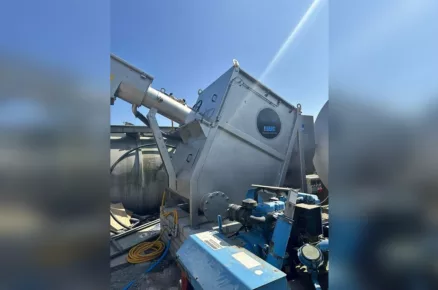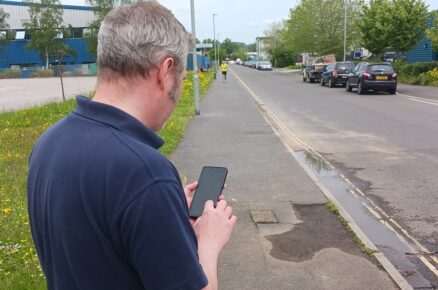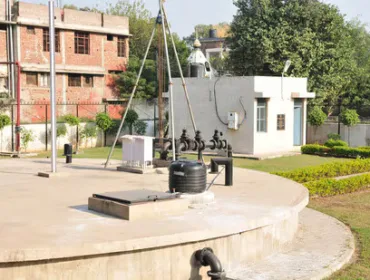WD News: The rivers in Samburu County, Kenya are dry after three years of little rain. Climate change is making drought more likely. And people in East Africa and the Horn of Africa do not have the resources to tap groundwater effectively or widely.
The United Nations water agency estimates that roughly 400 million people across Africa lack access to clean water.
The British non-profit group WaterAid and the British Geological Survey examined the situation. They found that Africa has enough groundwater for most countries to get through at least five years of drought.
In the coastal city of Dar es Salaam in Tanzania in 1997 drought led people to use groundwater. The same thing happened in Cape Town, South Africa in 2017. In Ethiopia, hand-pumped wells performed better than all other water sources during a drought in 2015 and 2016.
Africa has 72 large underground areas of water, known as aquifers, that are largely unused, scientists say.
Experts also warn people about the danger of misusing groundwater.
According to Philip Wandera, former director of the Kenya Wildlife Service and now with the Catholic University of Eastern Africa, groundwater “is not a quick-fix answer for the current drought … if you have been poor managers of surface water, it means you are likely to do the same with groundwater.”
The U.N. reports that just three percent of the total farmed land in sub-Saharan Africa is irrigated. It says only 5 percent of that land is irrigated with groundwater.
Groundwater exploration and building projects are impossible without financing.
Agnes Kalibata, leader of the Alliance for a Green Revolution in Africa, said, “Smallholder farmers who make up most food producers on the continent,” badly need irrigation technology.
“Millions of people don’t have enough safe, clean water to meet their daily needs, let alone face the climate crisis,” said Tim Wainwright of WaterAid in the United Kingdom, adding, “Governments, along with the private sector, should use COP27 to agree on investments in responsible groundwater use,” along with clear rules for how to use it.
Source & image courtesy: Associated Press
